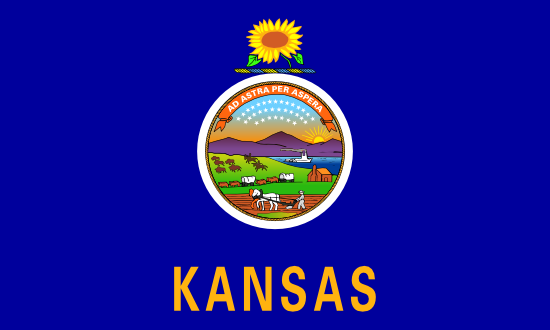Grant County's 2026 population is estimated at 6,975, reflecting a -0.87% growth rate over the past year (World Population Review estimate based on U.S. Census Bureau data). Grant County is the 52nd largest county in Kansas. The 2010 population was 7,825 and has grown -10.86% since 2010.
